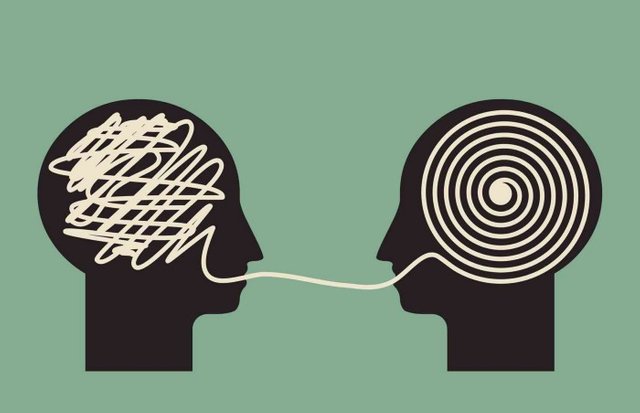How Science Can Help With Scientific Reasoning
Definition of epistemology. In the basic forms of epistemology both common and scientific philosophy, "objectivity" characterizes the development of knowledge and ideas, but in each instance its meaning is markedly different. Formation of concepts occurs when individuals come to accept common characteristics of things, people, or objects.
Image Source
For instance, common characteristics may include size, shape, color, form, and/or motion. Such characteristics are accepted for all the same reasons and to the same degree. However, there are also those who hold that there are more subtle qualities that can be used. They say that it is not necessary to accept all of the common characteristics. Rather, the individual should be guided by what he or she thinks is important to others.
On the other hand, the most radical form of epistemology holds that all common characteristics are accepted and used for all knowledge. That is, all knowledge is objective. It is based on all that people do believe and have been taught, but it is in the context of all those beliefs that are used and accepted as truth.
When rational knowledge is used for the purpose of understanding a set of facts, then it is called rational knowledge. On the other hand, when rationality is used in the development of concepts and ideas, then it is called common knowledge.
The most common characteristic used to develop rational knowledge is "common sense." "Common sense" is often associated with common things that we all perceive. The common characteristic of those perceptions is that they are not based on scientific study or on scientific knowledge. Scientific knowledge is the basis for common characteristic; therefore, it is scientific to some extent.
Logical thinking is the most widespread characteristic used to develop knowledge. Logical thinking is a process of rational thinking and is not the same as scientific reasoning. The concept of logic is used to organize information and to identify patterns so that they can be interpreted. In general, logical thinking helps to reduce complexity and make the patterns simpler and easier to understand.
Logical thinking can be categorized into two types: logical reasoning and inductive reasoning. Logical reasoning uses deductive logic to build an argument.
The other type of reasoning that is used to organize information and to make patterns easier to understand is inductive reasoning. In this process, information that is collected by observation and experiment is put together in such a way that it makes sense to an individual.
The most common characteristic used to develop scientific knowledge is common sense. Scientific reasoning is a process of rational thinking and is not the same as common sense. Scientific reasoning is used to gather facts, interpret them and put them into a pattern that makes sense to an individual. Scientific reasoning is sometimes more difficult to use because it is not based on common knowledge.
Scientific knowledge is not the same as common sense in the sense that it is a system of facts that can be used and applied to create patterns. It is a system of ideas and not a system of facts.
Scientific reasoning is used to use observation and experiment to make sense of the world and to use those observations to make scientific theories. These theories can be applied to other phenomena and the world. to make predictions. Science is the method that is used to understand how the world works, and how it will continue to work for the future generations.
The use of observations is used to make patterns that are better understood by scientists and to make predictions. A pattern is a pattern that makes sense and is a pattern that can be used in ways that make sense in the future. These patterns are then used to make theories that help predict future events.

Image Source
There are many ways to use the process of common sense and scientific reasoning to make predictions. One of the best ways to make predictions is to think. The more observations, the better your scientific reasoning is going to be.
Congratulations! Your post has been selected as a daily Steemit truffle! It is listed on rank 16 of all contributions awarded today. You can find the TOP DAILY TRUFFLE PICKS HERE.
I upvoted your contribution because to my mind your post is at least 3 SBD worth and should receive 19 votes. It's now up to the lovely Steemit community to make this come true.
I am
TrufflePig, an Artificial Intelligence Bot that helps minnows and content curators using Machine Learning. If you are curious how I select content, you can find an explanation here!Have a nice day and sincerely yours,

TrufflePig